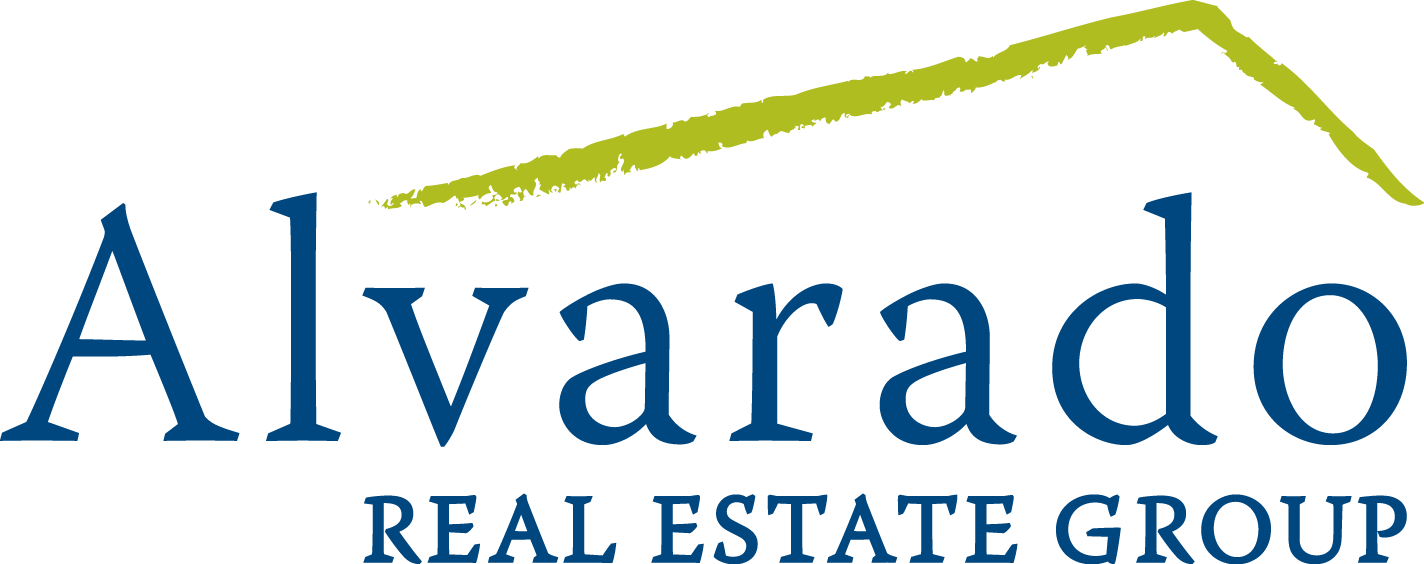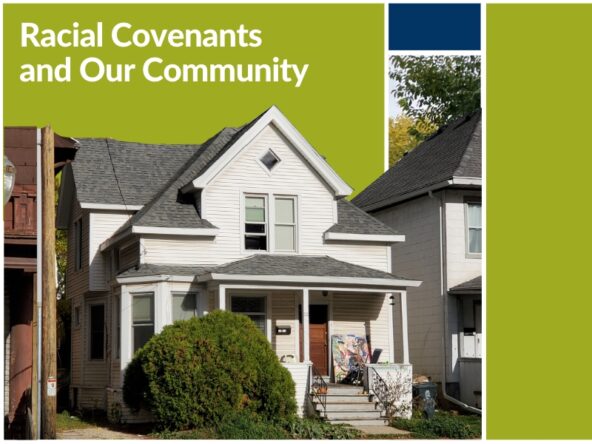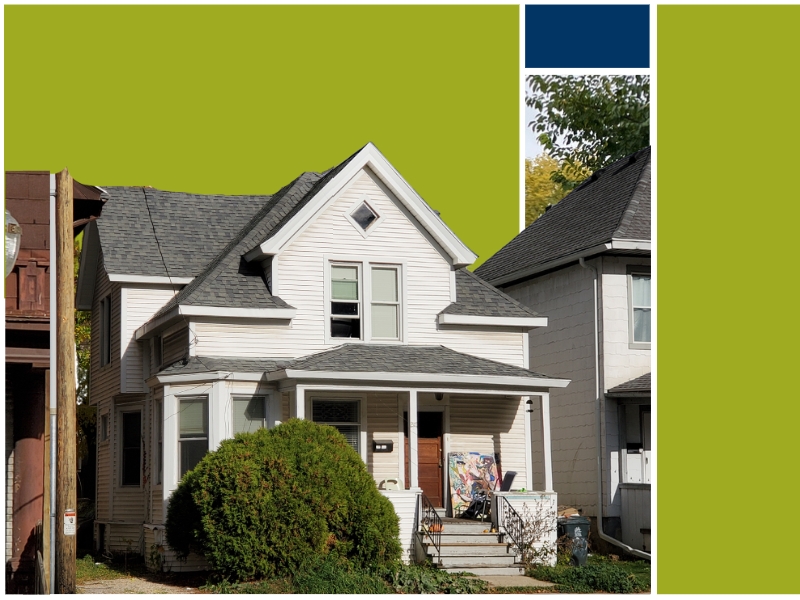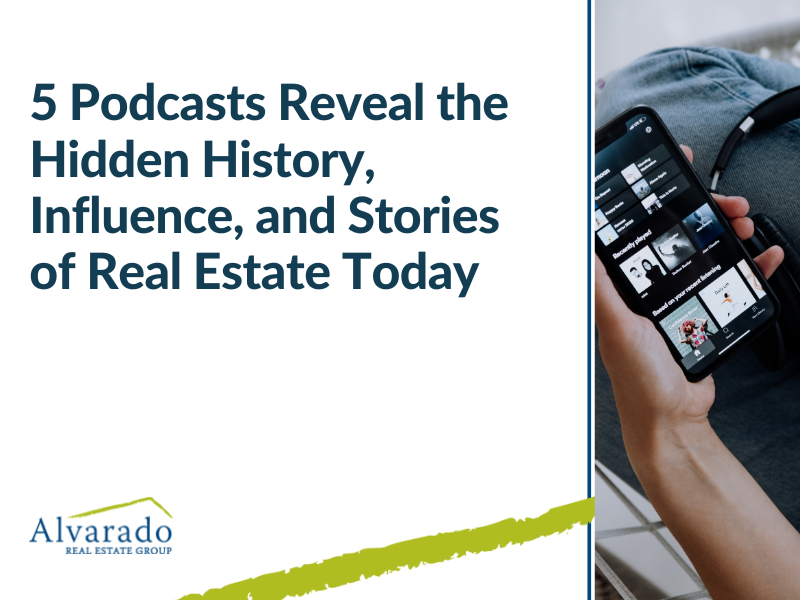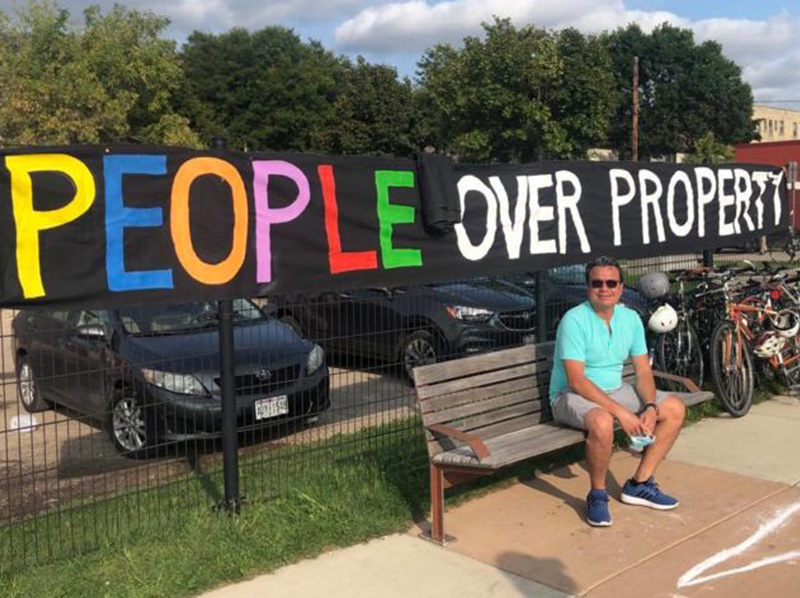
by Sara Alvarado. Featured on Madison365.com
People over property – that may seem like a bold statement from a real estate company, but it shouldn’t be. It’s something I didn’t think I’d be writing about this year but 2020 has brought on a lot of things we hadn’t planned on. Human rights, looting, and property damage are topics that have been in the news a lot this past summer after the murders of George Floyd, Breonna Taylor and months of protests, riots, and destruction.
It is also a topic that is as old as 400 years of racism and violence towards Black and Brown people.
New or old, this is the year we find ourselves in situations we never planned for.
Do we isolate ourselves from aging parents to protect them from COVID-19? Or do we spend time with them while they are still here?
Do we board up our windows to protect our building from riots and looting, or do we march with the Black Lives Matter movement and contribute to organizations fighting to end systemic racism? Is it hypocritical to do both?
Our company has spent a lot of time engaging in challenging conversations (over Zoom, of course) in response to our nation’s dual public health crises. In these moments, we lean into the nuance, and we return to our core values to guide our decisions.
And one of those core values is that people are more important than property.
As a real estate company, we recognize the value of investing in property as a way to create wealth and gain financial freedom. We are passionate about real estate because of the incredibly positive impact that financial freedom can have on people’s lives.
Homeownership, if done well, creates incredible access to opportunity. After a few years of mortgage payments, you gain access to equity. Equity can offer you money for your kids’ college. It can help you finance a new business. If there’s a medical emergency, your home is like a built-in savings account that also provides a roof over your head and a place to create memories.
And homeownership can also improve neighborhoods. When people own homes, they are given the opportunity to be less transient and grow roots in their neighborhood, allowing them to more meaningfully connect with their community and neighbors over the long haul.
But we also know that our modern property rights are rooted in white supremacy. Our everyday beliefs about how land and buildings can be owned and transferred and what rights are associated with ownership are derived from a time when enslaved Black people were considered property. Their humanity was denied, and the rights of property owners were elevated above human rights.
We saw that warped hierarchy of rights re-emerging this summer as the conversations and priorities focused on the property damage as the issue and not the inequities and lack of human rights that led to the riots. What are we focusing our attention on? The people or the property? Can it be both? Sure. But has it been? No.
As real estate professionals, we are passionate about improving people’s lives through the tool of property ownership. But that’s all it is — a tool.
When we say people over property, we mean that we believe that human lives are more important than buildings, office chairs, glass windows, retail inventory, and yes, even profit.
This summer, we have seen properties damaged by crowds and by angry individuals – their motives are not always clear. We have seen business owners and families suffer monetary loss in the wake of protests. And we know better than most how little help insurance policies are when it comes to damage from riots and looting.
But we also know that riots are a symptom of trauma and lack of opportunity.
I, personally, don’t like rioting, violence, or destruction, but what I don’t like more is the reality that riots expose.
Historically, riots ensue when change is needed. Many people argue that a riot is not the right way to go about it. But there has never been a right way to bring about change. It’s complex.
As a society, if we center the conversation on property damage, we will prioritize investing in protecting and repairing property and continue to ignore the issues that communities of color are facing. What if instead, we acknowledge the harm done and invest in community initiatives for the people most disenfranchised?
When it comes to choosing between people and property, we are here for the people. And that value system guides every decision we make.
